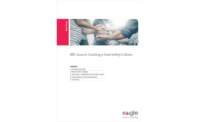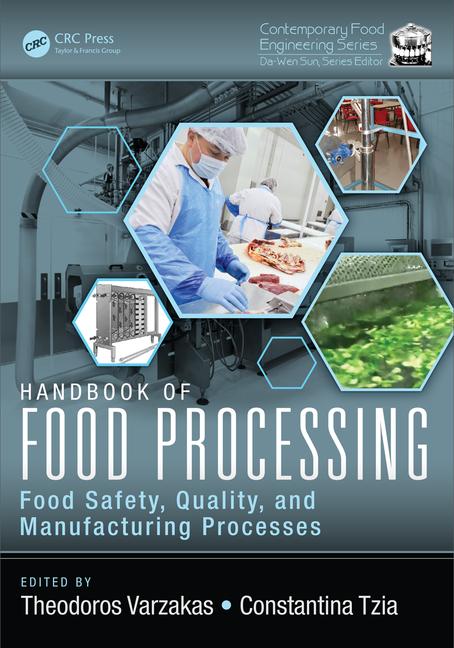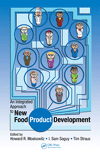According to a new Deloitte survey, nearly 68% of consumers aren’t familiar with the new Food Safety Modernization Act, which is the first major overhaul of the nation’s food safety system since the Great Depression. Yet almost three out of four consumers are more concerned now than they were five years ago about the food they eat.
More information from more resources is what consumers want when it comes to getting and receiving timely and detailed information about product recalls, according to Deloitte’s “2011 Consumer Food and Product Insight Survey.”
Although shoppers still primarily hold manufacturers and government entities responsible for communicating recall details ,73% and 69% respectively, Internet access and social media are driving consumers to advocacy groups (35% versus 23% last year) and peers (27% versus 19% last year) for timely recall information.
“Consumers want checks and balances in the information they receive and are insisting on a greater level of transparency about the safety, ingredients and origin of products. So, they’re turning to advocacy groups and peers as trusted sources,” says Pat Conroy, vice chairman, Deloitte LLP, New York, and U.S. consumer products practice leader. “This is a wake-up call for consumer products companies; they need to get ahead of this shift and work more directly with consumers to build brand advocates and stronger customer relationships.”
With the Food Safety Modernization Act underway, the survey found that despite the Food and Drug Administration’s attempt to get the word out, nearly seven out of 10 consumers (68%) are not familiar with the law, which is the first major overhaul of the nation’s food safety system since the Great Depression. But consumers still continue to be weary of recalls and concerned about the safety of goods they bring into their homes.
“The Food Safety Modernization Act is in place, but its effects have yet to trickle down to consumers,” Conroy says. “This is the time for consumer product companies to more actively talk about the safety and health of their brands.”
Regarding food products, the healthiness of ingredients is the No. 1 concern for more than half of consumers surveyed (up 5 percentage points from 2010 to 54%).
Get our new eMagazine delivered to your inbox every month.
Stay in the know on the latest snack and bakery industry trends.
SUBSCRIBE TODAY!Copyright ©2024. All Rights Reserved BNP Media.
Design, CMS, Hosting & Web Development :: ePublishing





